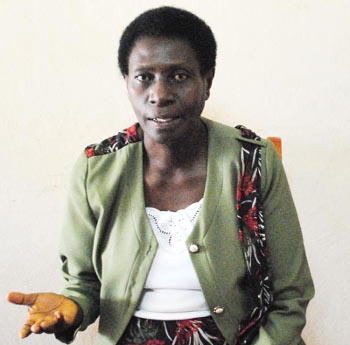
Jacqueline KARIBWAMI Sindayirakira, the President and Legal Representative of AVOD
The Association of Widows and Orphans who lost theirs during different crises that have hit Burundi (AVOD) urges all the victims “to come out and boldly tell the truth about what they witnessed”. AVOD makes that call as the nation commemorates the 23rd anniversary of the assassination of President Melchior Ndadaye, the Burundian hero of democracy.
On 21 October 1993, Ndadaye and his collaborators were murdered in cold blood just three months after his election as the president of the Republic of Burundi.
“AVOD that was registered in 2002 is an association that gathers people whose spouses or parents were killed before, during and after the 1993 incident”, explains Jacqueline Karibwami Sindayirakira, the President and Legal Representative of the association.
“We come together to comfort and strengthen each other in our sorrow. The association helps us let our voices be heard. In the past, people who lost theirs were not allowed to even mourn as that would endanger their lives”, says Marie Noelle Ntiyanda, a widow whose husband was killed one day after President Ndadaye was assassinated. She was 31 and had four children aged between 7 and 1 at that time.
She says it wasn’t after 17 years that she was able to give a decent burial to her husband. “Though someone had shown me where my husband had been thrown, I couldn’t give him a proper burial because it was dangerous at that time”, she explains.
Ntiyanda says it was thanks to AVOD that she was able to recover the remains of her husband and decently bury him.
The representation of the association encourages all victims of the different murders that occurred after Burundi independence in 1962 to denounce crimes that had gone unpunished for so long so far through the Truth and Reconciliation Commission (CVR).
Burundi has been a theatre of massacres and murders from the assassination of Prince Louis Rwagasore who led the country to its independence in 1962 through the ethnically-motivated massacres in 1972 that left hundreds of thousands of Burundians massacred or displaced to the assassination of President Ndadaye, the first democratically elected president. The civil war that followed the assassination lasted for over 12 years and had an estimates figure of 300.000 casualties while hundreds of thousands were internally or externally displaced.
The Arusha Peace and Reconciliation Agreement that put an end to the civil war provided for CVR. The CVR that has launched its controverted operational phase in March 2016 has the mission to document the crimes that have been committed from 1962 to 2008, qualify them, identify the victims, promote forgiveness and reconciliation and finally formulate recommendations in light of the discovered truth.

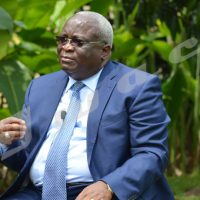
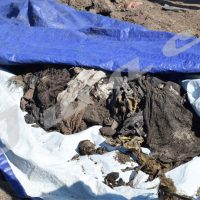
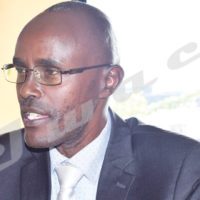
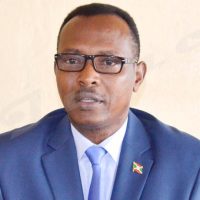
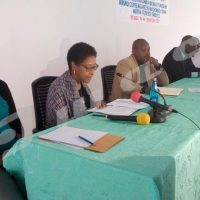













 IWACU Open Data
IWACU Open Data

